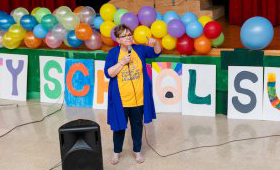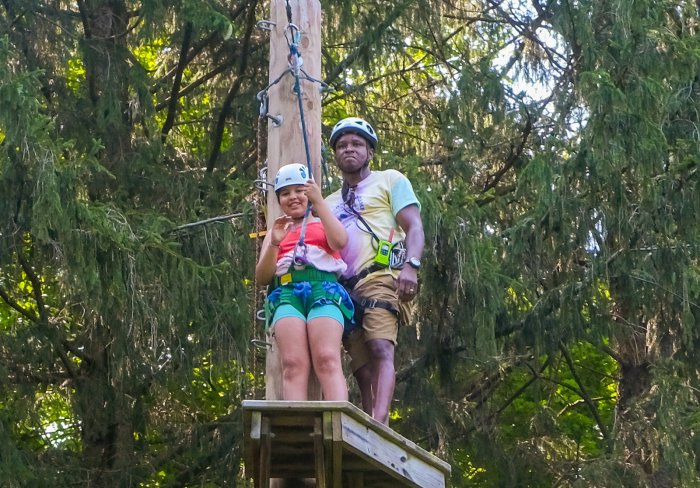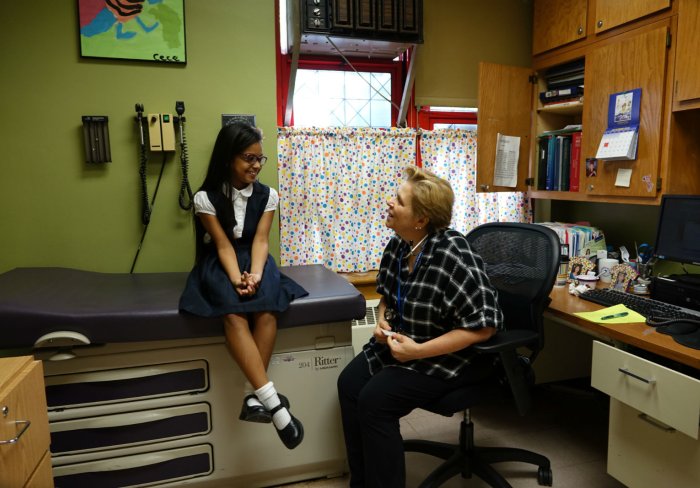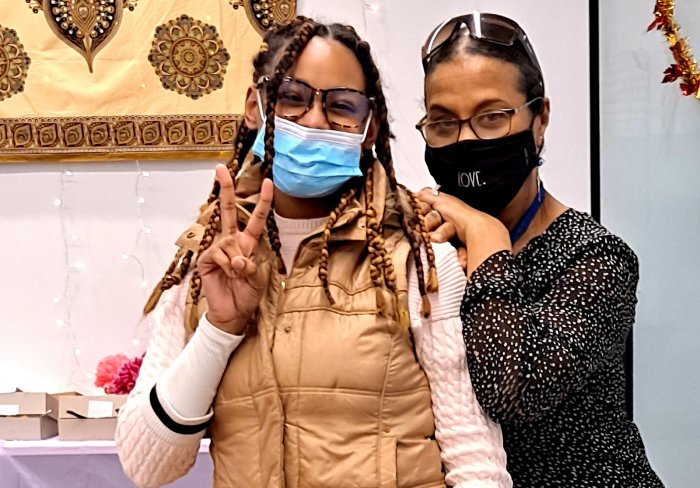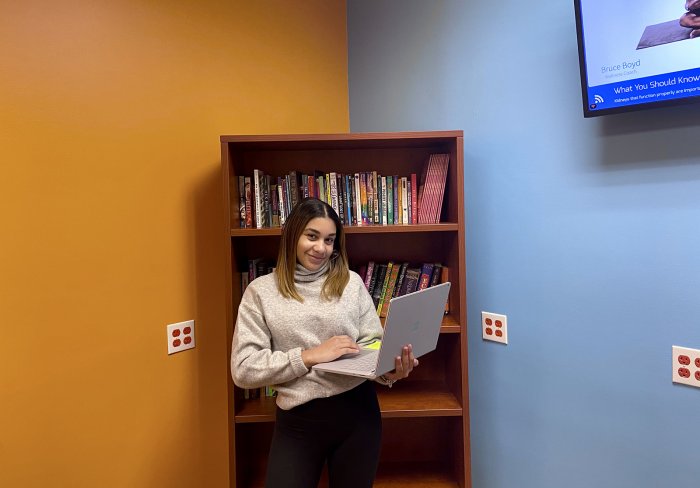Derek Hough, The World of Dance judge and former Dancing With the Stars choreographer, recently made a surprise visit to the Children’s Aid Dunlevy Milbank Community Center in Harlem to host a Zumba class.
Hough’s appearance was part of an initiative with Zumba Fitness to kick off “Zumba Breaks” – a global movement recognizing May’s Mental Health Awareness Month encouraging millions of people around the world to take 10 to 15 minutes out of their day to get up and move.
He recently shared with Yahoo News, “one of the fastest ways to change the way you feel, emotionally and mentally, is to change the way you move your body,” Hough said. “For me, it’s so, so important. The connection between movement and mental health.”
Mental, behavioral, and developmental disorders begin in early childhood. According to the Centers for Disease Control and Prevention, 1 in 6 U.S. children aged 2 to 8 years had a diagnosed mental, behavioral, or developmental disorder. Low-income children, youth, and their families are disproportionately affected by mental health challenges, impairing the ability of children and youth to succeed in school and placing them at risk of involvement with child welfare and juvenile justice systems.
“It has become more and more evident that when we address mental health issues we cannot ignore physical health. When we feel anxious or depressed, we often resort to maladaptive coping strategies, such as over eating, smoking, using alcohol or drugs. Yet we also know that when we move, exercise, walk, or increase physical activity, we feel better,” said Children’s Aid Deputy Director of Behavioral Health Aaron Newman, LCSWR. “Dance, movement, and sports such as martial arts can have positive impacts on addressing trauma, attention deficit disorders, and autism in children. Regular exercise helps the body self- regulate and helps us with emotional well-being and resiliency.”
The Dunlevy Milbank Community Center has served Harlem for years offering a wide range of services for youth and families. The center provides not only family activities, after-school programming, Saturday programs, summer camp, and youth development services, but also high-quality medical, dental, and mental health services as well.
Growing up in poverty exposes children to greater levels of stress, and therefore they may be more prone to antisocial and aggressive behavior, such as bullying. Early diagnosis and appropriate services for children and their families can make a significant difference in the lives of children with behavioral health concerns.

